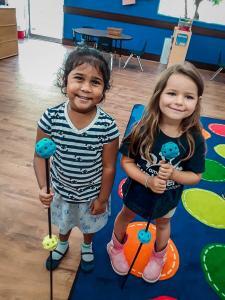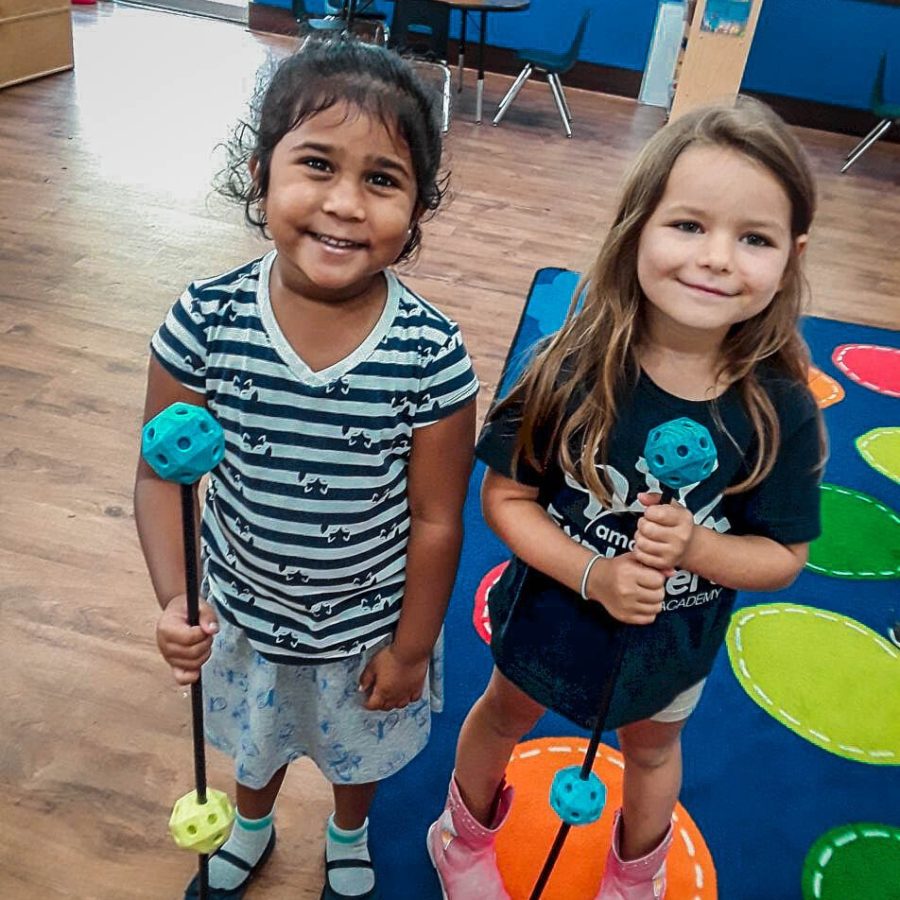Establishing and nurturing “Building Loving Relationships” with your child is paramount. Being attuned and responding to your child with warmth and gentleness is foundational to their development, shaping the adult they will become.
Why loving, nurturing relationships are important
Building Loving Relationships: Children’s relationships shape the way they see the world and affect all areas of their 
Your relationships with others
It’s not just the relationship between you and your child that shapes his development. It’s also your relationships with others. Your child sees and copies how you behave and communicate with other people in your life – for example, your partner, family members, friends and carers. This gives your child a ‘model’ of how to be and behave with others and how other people will behave in return. If your child sees and copies kind and respectful relationships, she’ll learn to act this way in her relationships with others.
Social beings
From the moment they’re born, babies are very social – they want to spend time with you and communicate with you. And how you respond helps them learn. For example, it’s natural for your baby to want to communicate with you through babbling, facial expressions and gestures – for example, waving, nodding and shaking his head. And it’s important for you to respond with the same kind of ‘talking’ and gesturing. By responding in a warm, loving and gentle way, you’re helping your child learn about communication, behavior and emotions, as well as making him feel safe and secure, and promoting a strong relationship between you and him.
When your child feels safe and attached to you – that is, when she knows you’re there to support, encourage and share new experiences with her – she’s likely to have the confidence to explore her world.
Exploring the world gives your child new experiences and challenges. Your child needs the stimulation of these experiences to learn how to move, think, communicate, react and socialise. The more experiences he has – knowing that you’re always there to support him – the more he grows and thrives, by building on the skills he already has.
Why play is important
In the early years, your child’s main way of learning and developing is through play.
Play is fun for your child and gives her an opportunity to explore, observe, experiment, solve problems and learn from her mistakes. She’ll need your support and encouragement to do this. But it’s important to try to find a balance between helping her and letting her make mistakes, because finding out for herself about how the world works is a big part of learning.
Lots of time spent playing, talking, listening and interacting with you helps your child learn the skills he needs for life, like communicating, thinking, solving problems, moving and being with other people and children.
But more than this, play is a great relationship builder. Spending time playing with your child sends a simple message – you are important to me. This message helps your child learn about who she is and where she fits in the world.
The peekaboo example for building loving relationships
A simple game of peekaboo is a great example of how relationships, playing and spending time together help with all areas of a baby’s development. Mum is playing peekaboo with her six-month-old baby.
‘Boo!’ says Mum as her face appears from behind her hand. Baby babbles and laughs as Mum’s face keeps reappearing and disappearing. Mum laughs and smiles too – she just loves spending time with her baby, seeing him watch her closely and respond to what she does.
Mum stops playing, and baby reaches out his arms and squeals. Without words, he’s saying, ‘Don’t stop, Mum. I’m having a great time!’ So Mum keeps going, and baby is very happy. But after a while, baby looks away. That’s his way of saying he’s had enough play for now. Mum sees this and understands, so she stops playing.
More than a game
Peekaboo is a great game to play with babies, but it’s much more than this too. For starters, the baby wants to play with his mother, which means he’s attached to her. This is a sign of healthy social and emotional development. Baby has fun with his mother, and she has fun with him, which also makes him feel safe, valued and loved.
Peekaboo also helps with the baby’s thinking, as he learns about what comes next when Mum disappears and then reappears. When the baby squeals and reaches out his arms to communicate he wants more, he’s developing his language and motor skills. And when his mother responds, it encourages him to keep communicating with her.
The mother is paying close attention to her baby, so she understands when to play more and when to stop. The baby understands that she’s reliable and that he can trust her, which helps him feel safe. And feeling safe gives him confidence to explore the world.
It’s just a simple game of peekaboo, but it’s laying the foundation for the baby’s language, thinking, motor skills, and social and emotional development. And it’s only possible because of the positive, nurturing relationship between mother and baby.
Benefits for life
Warm and loving interactions between you and your child prepare her well for things she’ll come across later in her life, like working through problems, dealing with stress and forming healthy relationships with other people in adolescence and adulthood.
Strong attachments and relationships early in life also mean your child is more likely to have better physical and mental health and fewer behavior problems.
By building loving relationships with your child, you’re helping shape the adult he’ll become and giving him a strong foundation for the rest of his life.


